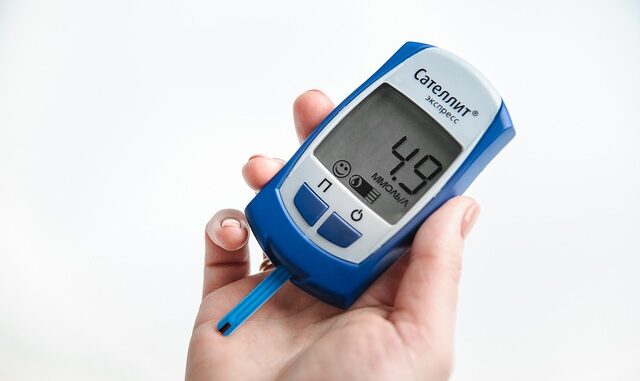
Summary
This article explores the groundbreaking research funded by Diabetes UK and the NIHR to combat diabetes distress, a pervasive issue among individuals with type 1 diabetes. The “D-Stress” program aims to revolutionize diabetes care by integrating emotional and psychological support into routine treatment. This initiative promises to improve the quality of life for those grappling with the daily challenges of managing this chronic condition.
Stress-free data management TrueNAS is healthcares trusted solution for compliant data management.
Main Story
Okay, let’s talk about diabetes distress, it’s a bigger deal than many realize. We all know diabetes is this huge, chronic thing affecting tons of people, right? And we’re doing better at managing blood sugar and the physical stuff, but what about the mental toll? Because that is often overlooked, isn’t it? It’s like, “Okay, your A1C is good, so you’re fine!” But that’s so far from the whole story.
Diabetes distress? It’s real. It’s that crushing weight of overwhelm, the constant frustration, feeling totally burnt out from the never-ending demands of managing the disease. Imagine always having to think about what you eat, poking your finger, injecting insulin… it’s exhausting! No wonder people struggle. And what happens when they struggle? They start to disengage from their own care, which, as a result, makes everything worse. I read somewhere that almost half of adults with type 1 experience high levels of this distress, and it’s a problem we can’t ignore.
That said, there’s some genuinely good news on this front. Diabetes UK and the National Institute for Health and Care Research (NIHR) are funding a research program called “D-Stress,” and it’s specifically aimed at tackling this issue. The aim of this program is to find and develop ways of helping people with type 1 diabetes, who suffer from mental health challenges. I can’t help but think, it’s about time!
Professor Jackie Sturt at King’s College London is leading the charge, and the plan is to create a comprehensive system for spotting, preventing, and managing diabetes distress. Apparently, they’re pulling the best bits from existing treatments tested in the US and Denmark, which means that they won’t be starting from scratch. It’s a smart, efficient approach, if you ask me.
What’s really interesting is how collaborative it is. The research team is actively working with people who actually have type 1 and healthcare professionals. This is a really crucial step to ensure that the program isn’t just effective in theory, but in the real world. It’s undergoing testing in a clinical trial, to test it’s efficacy when it comes to distress, and blood sugar levels. It’s about improving the overall quality of life, you know?
The program isn’t just focused on alleviating emotional suffering; no, it’s about giving people the tools to take charge of their own diabetes management. If you’re supported emotionally, you’re better equipped to deal with the day-to-day challenges. It’s that simple, really. Thinking about the whole person, not just the medical aspects.
Funding the D-Stress program is a big deal, to be frank. It shows that the UK is shifting towards a more patient-centered approach, which means understanding how physical and mental health are connected. If this research transforms how the NHS handles diabetes distress, making it a standard part of care, that would be amazing. It’s a simple goal: give these people support and improve their lives.
As we look ahead, I think the D-Stress program is a really encouraging step. It’s a glimpse of a future where people with diabetes can thrive, not just survive. It’s proof that when we collaborate, innovate, and stay committed, we can make a real difference. The potential is certainly there to provide the care needed to address distress, and cultivate emotional well being.
One last point to make, other avenues of research are also providing some much needed optimism for diabetes, including closed-loop insulin pumps, continuous glucose monitoring, and even things like stem cell therapy and immunotherapies. These things aim to improve blood sugar control. And, of course, the lifestyle stuff like diet and exercise is still super important in preventing and managing the disease. It all works together.


So, while “D-Stress” tackles the emotional side, shouldn’t we also be asking why managing Type 1 is so relentlessly *demanding* in the first place? Are we throwing enough resources at tech and research to *reduce* that daily burden, or just treating the symptoms of a system that needs overhauling?